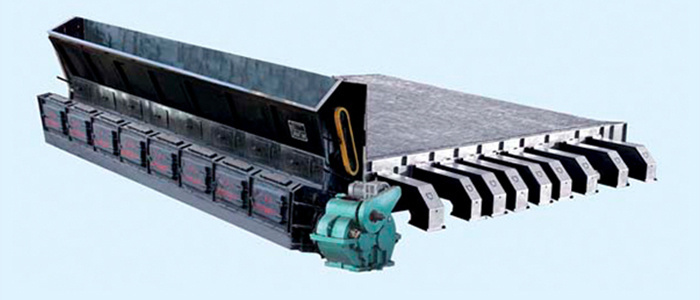
YONGNING
NEWS CENTER
How to distinguish the quality of grate material
Release Time:
Oct 27,2023
The choice of grate material is crucial for the operation of industrial furnaces and boilers. This article will introduce how to distinguish the quality of grate materials, helping you make informed decisions when purchasing grates.
First, it is necessary to understand the background and importance of grate materials. Grates are the core components of boilers and industrial furnaces, responsible for transferring heat and ensuring complete combustion of fuel. Therefore, grate materials need to possess characteristics such as high-temperature resistance, corrosion resistance, and wear resistance.
To distinguish the quality of grate materials, we can examine the following aspects:
High-temperature resistance: High-quality grate materials should have high-temperature resistance, capable of stable operation in high-temperature environments for a long time. For example, common high-temperature resistant grate materials include cast iron and heat-resistant steel.
Corrosion resistance: Grate materials should have good corrosion resistance, allowing for long-term use in acidic or alkaline environments. Some high-quality materials include stainless steel and nickel-based alloys.
Wear resistance: Grates need to withstand the impact of fuel and ash during operation, so wear resistance is also an important indicator of the quality of grate materials. Generally, high-strength cast iron and alloy steel have good wear resistance.
Manufacturing process: High-quality grate materials should possess exquisite manufacturing processes, such as welding and forging. These processes can ensure the precision and quality of the grates.
Based on the above aspects, we can conduct a comprehensive assessment of grate materials. When purchasing grates, it is recommended to choose well-known Brands and products with Warranty. Additionally, different types of grate materials can be selected based on different usage environments and working conditions. For example, in high-temperature and corrosive environments, heat-resistant steel or stainless steel grates can be chosen; in environments with severe wear, high-strength cast iron or alloy steel grates can be selected.
In summary, choosing the appropriate grate material is crucial for the normal operation of industrial furnaces and boilers. When purchasing grates, we need to fully consider factors such as the usage environment, working conditions, and manufacturing processes to ensure the selection of high-quality grate materials, thereby extending the service life of the equipment and improving work efficiency.
RELATED INFORMATION
How to choose a Manufacturer for grate production
Apr 01,2024
Precautions for Using the Grate
Mar 07,2024
The difference between reciprocating chain grate and biomass reciprocating grate.
Feb 15,2024
Photo News






